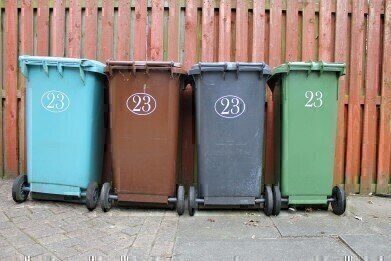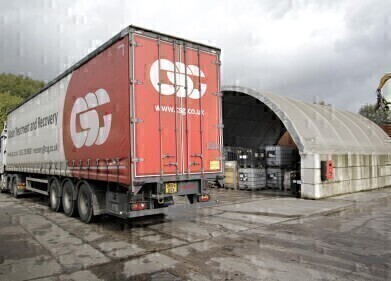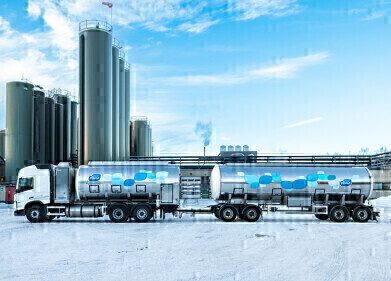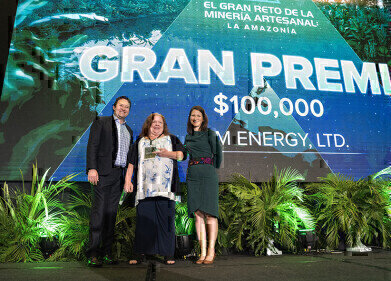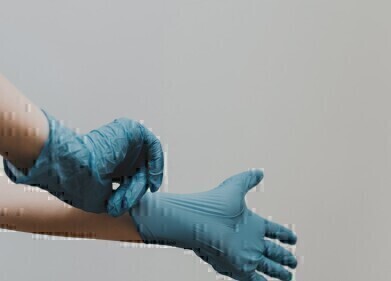Hazardous Waste
What Can Be Recycled?
Aug 14 2022
Recycling is one of the major ways in which we can all limit our impact on the environment. Unfortunately, there is still much confusion around what can and can’t be recycled, with different types of different materials sometimes ineligible for recycling and different councils operating different policies on what they will and won’t accept. As a result, only 8% of the British population believe that recycling labelling on consumer products is clear.
If that sounds familiar to you, this brief introductory article will run you through the various items that can be recycled across the country. Just remember to separate your waste and wash it before popping it into the bin to avoid contaminating a whole batch! Happy recycling.
Plastics
One of the trickiest recycling categories to get your head around, most larger plastic items (such as bottles, trays, tubs and pots) are recyclable. However, you should remember to remove the pump nozzles from soap bottles and dispose of them separately, while black plastic is a big no-no since automatic recycling machines can’t identify it. Clingfilms, wraps and flimsier plastics are also problematic, so a safe bet is to put these into your general waste.
Glass
Almost all household glass jars and bottles are recyclable, regardless of what colour glass they’re made from and to what purpose they’re put (for example, perfume bottles are just as acceptable as food and drink ones). However, other items commonly found around the home, like mirrors, light bulbs, vases and glassware, contain other substances within them and cannot be recycled.
Metals
Cans, tins and tubes made from aluminium or another type of metal are absolutely recyclable, as are their lids – just remember to separate plastic lids into your plastic recycling waste. Aerosols are even included in this category, too. You can also recycle aluminium foil and foil trays, but things like crisp packets, sweet wrappers and coffee pouches (which spring back after being scrunched up into a ball) are a no-no. Chemical containers can contain contaminants of emerging concern and as such, can’t be recycled, while things like cutlery, pots and pans are no good either.
Paper and cardboard
This is a big yes! Almost all types of paper and cardboard, including letters, flyers, magazines, newspapers, egg cartons, cereal boxes and the suchlike, can easily be recycled. Even envelopes with plastic windows are usually fine to go straight into your recycling without removing them. The exception here is anything that has a shiny plastic veneer on it; we’re thinking some types of wrapping paper, single-use coffee cups and sandwich packs.
E-waste
As technology plays an increasingly large role in our lives, there is a growing need for precious metals and rare earths like copper, gold, silver, platinum and palladium, over which some countries (such as China, for example), have a monopoly. Recycling e-waste items like computers, telephones and other gadgets can help to reduce dependence on these powers and conserve important resources in one fell swoop.
Clothing and textiles
Today’s consumer world is sadly driven by fast fashion, which means people buy cheap clothing to wear once or twice before discarding. This generates a lot of waste, so reusing your garments as much as possible, before finally donating them to charity shops or a textiles recycling point, is the best way to combat this polluting trend. The same goes for towels, linen and other textiles in and around the home.
Events
Elmia Water and Wastewater Fair - POSTPONED
Sep 24 2024 Jonkoping, Sweden
Oct 01 2024 Ljubljana, Slovenia
Oct 01 2024 Dubai, UAE
Oct 05 2024 New Orleans, LA., USA
Oct 09 2024 Birmingham, UK
